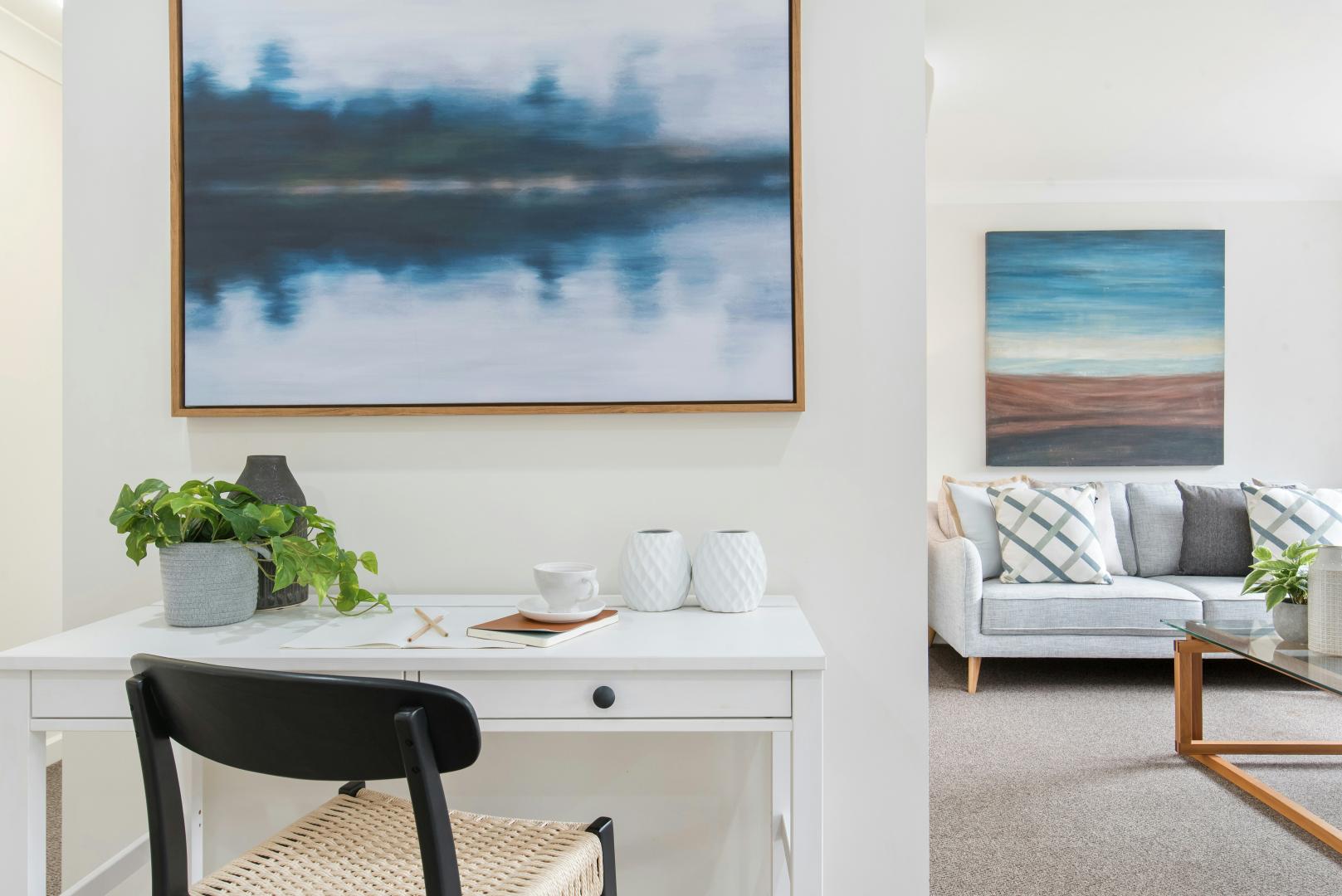Following the announcement by the Government to bring forward the second part of the Help to Buy scheme, Robert Carthy of Mortgage Advice Bureau at Heywoods provides a comprehensive question and...
Following the announcement by the Government to bring forward the second part of the Help to Buy scheme, Robert Carthy of Mortgage Advice Bureau at Heywoods provides a comprehensive question and answer guide.
Help to Buy Mortgage Guarantee
Q. Who is it for?
The Help to Buy mortgage guarantee scheme helps home buyers with good credit records who can afford to purchase the property outright with a deposit as low as 5%. These include First Time Buyers, trying to get onto the property ladder, and ‘second-movers', needing to move up the ladder to a bigger home. These loans are not available for buy-to-let landlords or second home owners or for a shared ownership purchase.
Q. Who is eligible – and for what types of property?
- Existing home owners and first time buyers
- Buyers with a minimum deposit of 5% of the purchase price
- Buyers who are borrowing from a participating lender
- Available across the UK on newly built or ‘second hand' up to £600,000
- Residential property, where you plan to live in it and not rent it out
- Your only property, so you cannot have an interest in any other property, anywhere in the world
Q. How does it work?
The scheme works by offering lenders the option to purchase a guarantee from the government on mortgages where a borrower has a deposit of between 5% and 20%. The guarantee offers lenders an ‘indemnity' or insurance cover, which will compensate them for most of any loss they may suffer if the borrower defaults, the property is repossessed and there is insufficient equity in the property to fully repay the lender.
This will therefore encourage many lenders to increase the availability of high loan to value products, including ‘95%' mortgages. The mortgages advanced by lenders using the Help to Buy scheme will be subject to the lenders' usual underwriting criteria.
Example
If the home in the graphic (click on it to make it bigger) sold for £250,000, making a £50,000 ‘profit', you'd get the entire £250,000, without having to pay back any government loan or share any profit. As you own the property fully, you receive the full benefit of any property appreciation with just your mortgage to repay as with any normal mortgage.
Q. What are the interest rates on the mortgage loan?
Unlike the Equity Loan scheme, the lenders will be advancing up to 95% of the value of the property, and so they will price their products on that basis. Each lender that participates in this scheme will have their own individual attitude to risk and will price their products accordingly, and so consult your mortgage adviser for an independent view on all the low deposit products that are becoming available.
Q. For how long is it available?
The scheme has attracted a lot of attention since the government announced that it would be available from October 2013, rather than 1st January 2014, the initial launch date. You can apply to a number of lenders already and more are expected to join the scheme in the coming months.
Despite the early launch, the scheme is set to run until January 2017 as originally planned, however the Bank of England will be monitoring the impact of the scheme closely, and could potentially make changes to the qualifying criteria or withdraw it entirely if they feel it necessary to do so.
Help to Buy Equity Loan
Q. Who is it for?
A. Homebuyers, who wish to purchase a new build property when they could not otherwise afford one in their area because they have an insufficient combination of the income and deposit needed to secure the level of mortgage required.
These include First Time Buyers, trying to get onto the property ladder, and ‘second-movers', needing to move up the ladder to a bigger home. These loans are not available for buy-to-let landlords or second home owners.
Q. Who is eligible – and for what types of property?
- Existing home owners and first time buyers
- Buyers with a minimum deposit of 5% of the purchase price
- Buyers who are borrowing from a participating lender
- Available in England on New Build properties up to £600,000
- Residential property, where you plan to live in it and not rent it out
- Your only property, so you cannot have an interest in any other property, anywhere in the world
Q. How does it work?
A. You'll need to put down a deposit of at least 5% of the property price, the government will give you an equity loan for up to 20%, interest free for the first 5 years, and you'll need a mortgage of 75% to cover the rest. As a result of providing you with this assistance, the government is entitled to its money back, plus a share in the future sale proceeds equal to the percentage contribution it made to assist your purchase. This type of loan is known as a ‘shared equity' mortgage.
Example
If the home in the graphic (click on it to make it bigger) sold for £250,000, making a £50,000 ‘profit', you'd get £200,000 (£150,000 from your mortgage, £10,000 cash deposit back and £40,000 as 80% share of the ‘profit') and pay back £50,000 to the government (the £40,000 equity loan, plus an extra £10,000 as 20% share of the ‘profit'). You'd need to pay off your mortgage with your share of the money.
Q. When will I have to pay back the Equity Loan?
The home will be in your name, which means you can sell it at any time. However, you'll have to pay back the Equity Loan when you sell your home or at the end of your mortgage term – whichever comes first. You can also pay back all or part of your Equity Loan without selling your home.
Q. Are there any fees for the Equity Loan?
You won't be charged loan fees for the first 5 years of owning your home. But in the 6th year, you will be charged a fee of 1.75% of the loan's value. After this, the fee will increase every year in line with inflation. The annual increase in the fees is worked out by using the Retail Prices Index (RPI) plus 1%. For instance, if the RPI is 5% at the end of Year 6 of your Equity Loan, the fee will increase by 6% from 1.75% in Year 6 to 1.86% in Year 7 (which is 1.75% + (1.75% x 6%) = 1.86%). Your mortgage adviser can provide you with a more detailed illustration when they help you with finding the right mortgage.
A government-appointed Help to Buy agent will contact you before the fees start, to set up monthly payments with your bank. You'll also be sent a statement about your Equity Loan each year.
Q. What are the interest rates on the mortgage loan?
Lenders offer more competitive rates to borrowers with bigger deposits as they carry less risk. This scheme means that they are only lending 75% of the property value rather than 95% which means you will benefit from cheaper rates of interest than you would otherwise.
Q. For how long is it available?
A. It will run from 1 April 2013 until 31 March 2016 (or earlier if all of the funding is used up).
Your home may be repossessed if you do not keep up repayments on your mortgage. There will be a fee for mortgage advice. The actual amount you pay will depend upon your circumstances. The fee is up to 1% but a typical fee is 0.3% of the amount borrowed.


 By
By 





Share this with
Email
Facebook
Messenger
Twitter
Pinterest
LinkedIn
Copy this link